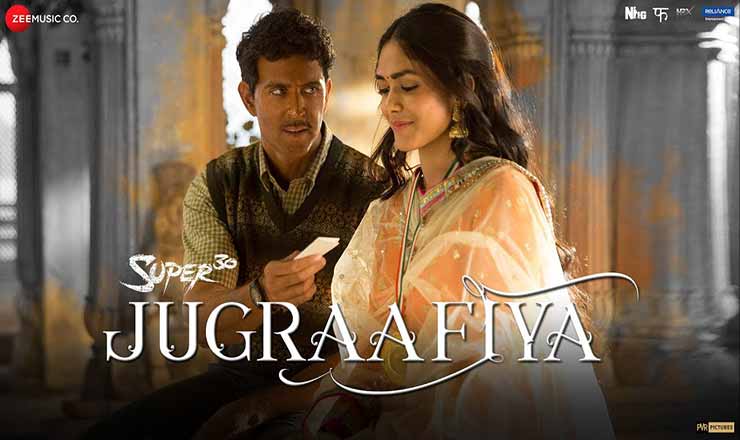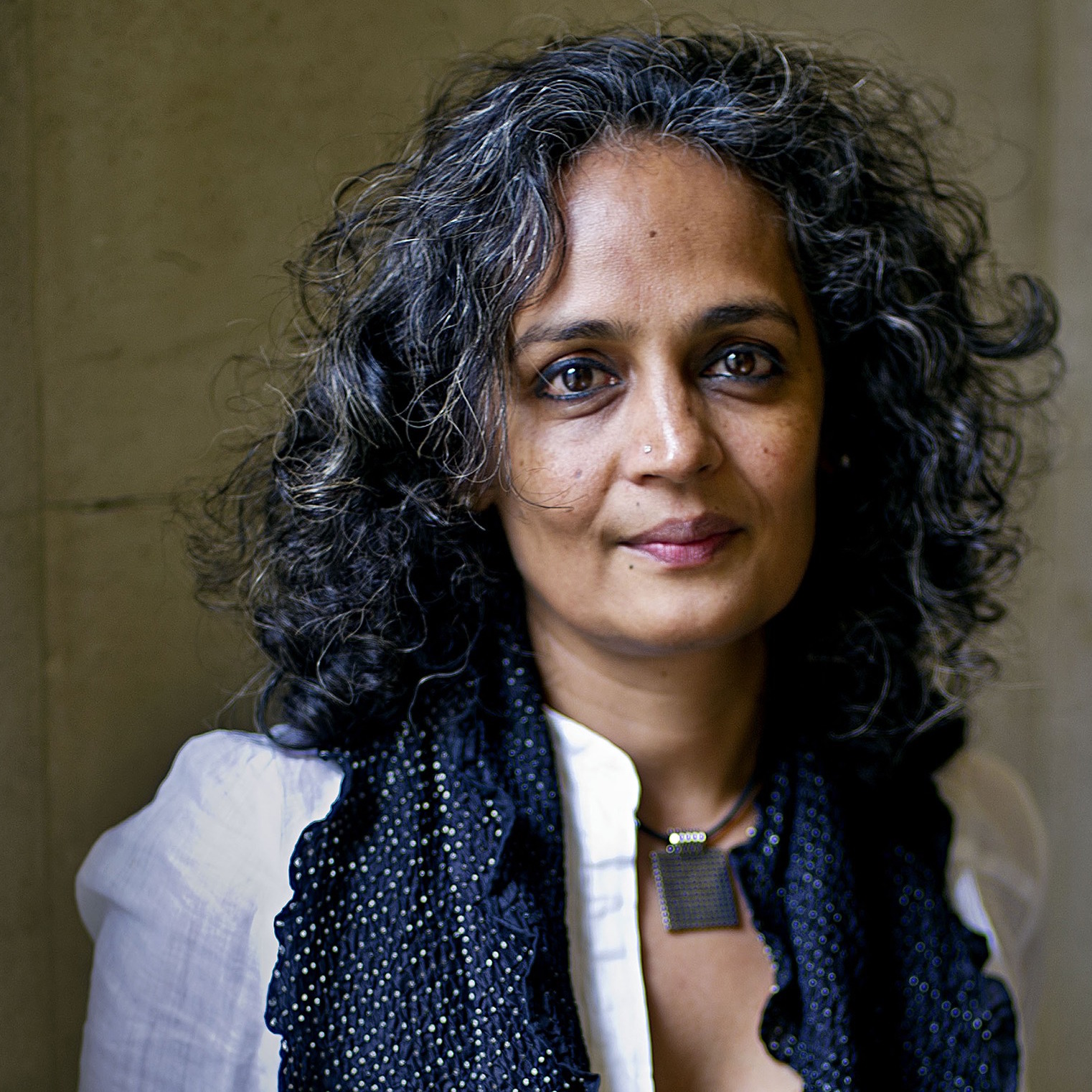Maharaja Krishnakumarsinhji
Bhavnagar University, the head of the Department of English, Dr. Dilip Barad sir gave this work to students through blogs - Task: Do a verbal analysis of the
poem/song/ film song lyric/hymns/ devotional songs or any poetic expression in
any language. Keep in mind the kinds of misunderstanding discussed in the essay
'Figurative Language'. Based on the analysis given in the essay, give your
comments on the poetic expression selected by you. CLICK HERE.
I try to define such kind
of misunderstanding concept of figurative language in poetry with the reference
of some Hindi movie songs and with one Gujarati poem.
I.A. Richards, in full
name Ivor Armstrong Richards, born Feb.
26, 1893, Sandbach, Cheshire, Eng.—died Sept. 7, 1979, Cambridge, Cambridge
shire, English critic, poet, and teacher who was highly influential in
developing a new way of reading poetry that led to the New Criticism and that
also influenced some forms of reader-response criticism.
I.A.Richards was an
influential English literary critic and rhetorical. Richards is regularly
considered one of the contemporary study of literature in English. Richards's
life and influence can be divided into the period, which corresponds roughly to
his intellectual interest. Richards is often labeled as the father of the “new
criticism”, largely because of the influence of his first two books of critical
theory. I.A.Richards is at one with the new criticism in his stress on close
textual and verbal stud of a poem.
According to Richards,
there are three objectives to write, ‘The Practical criticism’.
· To introduce a new kind of documentation.
· To provide a new Technique.
· To prepare the way for the educational
method.
In his methodology, a lot of importance is
given to the “words”. Richards provides the theoretical foundations on which
the technique of verbal was built.
The Importance of Words:
A study of his practical
criticism together with his work ‘The Meaning of Meaning’ his interested in
verbal and textual analysis.
Meaning
of a word depends upon four factors these are:
1)
Sense: It meant some that communicated the plain literal meaning of the words.
2)
Feeling: It’s referred to the emotions, and emotional attitude like that
pleasure, unpleasure and the rest.
3)Tone:
The writer uses words and arranges them keeping in mind the taste of his
readers. The feeling is the only state of mind.
गाना: जुगराफिया
फिल्म: सुपर 30
गायक: उदित नारायण, श्रेया घोषाल
गीतकार: अमिताभ भट्टाचार्य
संगीतकार: अजय-अतुल
जब से हुआ तेरे नजदीक है
दिल के मोहल्ले सब ठीक है
जब से हुआ तेरे नजदीक है
दिल के मोहल्ले सब ठीक है
यहाँ सुपर 30 फिल्म के इस गीत में, नायक अपनी प्रेमिका से कहता है कि जब तक तुम मेरे साथ हो तब
तक सब कुछ ठीक है। उसके साथ रहने की इच्छा के बारे में बताना, छोड़ना नहीं चाहता.
जरा सा किताबों में कम ध्यान है
ज्यादा तेरे ख्यालों में है
तुझसे मिलके जो मजा है
कहाँ वो गणित के सवालों में है
यह पे नायक
एक शिक्षक की
भूमिकामे लाग रहे| नायक अपने प्रिय विषय गणित के सवालों के जवाब में खोये रहते हे , प्रेमीका को चिड़ाने के लिए वो उसे देखा अनदेखा करते हे और अपने काम में व्यस्त रहते हे.
कर के गुश्ताखियाँ
मांगे ना माफियाँ
हिन्दीट्रैक्स
तेरी चाहत ने बदला मेरे
दिल का जुगराफिया..
यहाँ नायक गुस्ताखियाँ कर रहे हे अपना हक़ जता रहे हे उनकी प्रेमिका पर और हिंदी भाषा में जो ज्ञान नायक को हे जो
की पहले उसे थीक थाक लगरहिति बातचीत के लिये, लेकिन
अब नायक को बहुत अच्छी लग रहीहे क्युकी उसी भाषा के माध्यम से अपनी प्रेमिका से बात होरही
हे| नायक उदहारण के रूपमे
कह रहे हैकि वो हिन्दीभाषाने उनका जो
चित , ध्यान , और पूरी सोचनेकी क्षमताथी
उसे बदल दिया अब सब
अच्छा लग रहा हे।
हम्म साइकिल पर लेके जाऊंगा
समोसे गरम खिलाऊंगा मैं
कर वादा शनिवार को
भगवान के भरोसे छोड़ के समोसे
भूल जाये सोमवार को
शिक्षक यह पर शनिवार और रविवार की रजा ओंकी बात करके वो अपनी प्रेमीका से दो
दिन की छुट्या साथ में बिताना कहते हे और समोसे खिलनेकी बात करते हे और सायकल पर
घूमने की भी बात कर ते हे।
तेरे लिए घर से निकलती हूँ
जब कहता है मिलती हूँ
घरवालों से छुप के तुझे
परवाह नहीं है मेरी जादती है तेरी
क्या समझ रखा है प्यार को
नायिका अपने प्रीतम से कहती हे की जब तू कहता हे तब मिलती हु पर पूरा दो दिन क्यों ,में तेरे लिए घरसे निकलती हु
और जब तुज से मिलती हु तब भी चुप चुप कर मिलती हु घर पर पता नहीं हे और तुम दो दिन साथ बिताने की बात करते हो
,तूने मुझे समाज क्या रखाहै ?
तुझे किस तरह बताऊँ मैं
कितना ज़रूरी तेरा प्यार है
मेरे अंधियारे से जीवन में
तू ही सफेदी की चमकार है
और नायक खूबसूरत सा सवाल का जवाब दे कर बताराहा हे की
तुजसे जो प्यार करता हु वो कितना जरूरी हे में तुजसे बिना नहीं रह सकता, नायक यहां प्रेमिका के
प्रत्यय नशा एक आदत हो गयी हे , और कह रहे हैकि तुजसे जब से मिया हु मेरे भीतर जो अँधेरा था यानि एक एकेला पन था वो तुजसे मिलकर ख़तम हुवाहे, और में जो ताज़ा दीखता
हु अपने को जिसतरह निखरता हु उसकेलिये तुहि जमेंदार हे।
कर के गुश्ताखियाँ
मांगे ना माफियाँ
तेरी चाहत ने बदला मेरे
दिल का जुगराफिया..
तेरी चाहत ने बदला मेरे
दिल का जुगराफिया..
नायक यहाँ पे अपनी इच्छाओंको प्रेमिकापर थोप
देते हे और माफ़ी मांगी नहींरहे। और
नायक का जो हाल हुवाहे प्रेमके तहत
प्रेमिका के प्रत्ये
उसने उनके विचारयको पुरि तरहसे बदल दिए हे और
उनके जीवन में भारीवर्तन आया हे।
प्रिय तुम्हारी सुधि को मेंने
प्रिय तुम्हारी सुधि को मेंने यूं भी अक्सर झूम लिया
तुम पर गीत लिखा फिर उसका अक्षर अक्षर चूम लिया
में क्या जानूं मन्दिर मस्जिद गिरजा या गुरूद्वारा
जिन पर पहली बार लिखा था अल्हण रूप तुम्हारा
मेंने उन पावन राहों का पत्थर पत्थर चूम लिया
प्रिय तुम्हारी सुधि को मेंने यूं भी अक्सर झूम लिया........तुम पर गीत
हम तुम कितनी दूर धरा से नभ की जितनी दूरी
फिर भी हमने साथ मिलन की पल में कर ली पुरी
मेंने धरती को दुलराया तुमने अम्बर चूम लिया
प्रिय तुम्हारी सुधि को मेंने यूं भी अक्सर झूम लिया..........तुम पर गीत
प्रियतम सुधि की गंध तुम्हारी मेंने चूमी ऐसे
चरण अहिल्या ने रघुवर के चूम लिये थे जैसे
जैसे लकडी की मुरली ने मोहन का स्वर चूम लिया
प्रिय तुम्हारी सुधि को मेंने यूं भी अक्सर झूम लिया........तुम पर गीत
— श्री देवल आशीष श्रंगार रस कवि (Deval Ashish)
यहा पर कवि अपनी प्रेमिकसे कह ते हे की तुमपर गीत किखा और एक एक अक्षर को उसे ही चुम लिया ,और उसे मंदिर ,मजिद, गुरु द्वारा की उपमा देकर उसे भगवानमे उसे दिखाय दे रही हे उसकी प्रेमी का और उन सभी भगवान ,खुदा,गुरु साहाब, के पसकी सभी जगको उसने चूम लिया क्युकी उसे वहापर भी उसकी प्रेमिका नजर आरही हे, और वो कह रहे हे की ज़मिन और आकाश जेतने दूर हो कर्भी हमं दोनोने दूरसे देखकर ही आस पूरी करदी, मेने ज़मीन पर से तुजे आवाज लगाइ और तूने आकाश में तूने सुन लिया, मेने तुहारी आने की गंध इस तरसे चूमी जिस्तःसे भगवान राम ने अहिल्या को, कृष्ण की उपमा देकर जेसे मुरली की तहत लकड़ी मेसे सुर् वाली आवाज निकलति हे. उसी प्रकार मेने तुज को चुमलिया ,उसी प्रकार प्यार जताते हे कवि.
શ્યામ, તમે ફેસબુકમાં આવો તો
શ્યામ, તમે ફેસબુકમાં આવો તો
પાંચ હજાર ગોપીઓને રાખશો,
બીજાનું શું?
ક્લોઝ-ફ્રેન્ડ તરીકે તમે રાધાનું
નામ આપશો,
તો પછી જીવનભર ઝંખતી
મીરાંનું શું?
ચેટ કરશો તો
સૂકાશે વાંસળી ને મુરજાશે મોરપિચ્છ..
જમનાને તીર જાશો તો
રીસાશે રાધા ને કરશે બ્લોક
પછી તમે કદી નહિ કહો:
‘યુગે યુગે આવીશ આ લોક !’
અધરાતે આવશે મીરાંનો મેસેજ
તો સત્યભામાને પડશે શક
તમે કોને જઈ કહેશો આ દખ ?
દ્રૌપદીને નહિ કરો જો ટેગ
તો માગશે લીરો બાંધ્યાનું મૂલ
ને શ્યામ તમને સમજાશે..
ફેસબુકમાં આવવાની ભૂલ !!
✍- કૃષ્ણ દવે
કૃષ્ણ દવે અહી મહાભારત નું પાત્ર કૃષ્ણ ની વાત કરે છે. તે ફેસબુકમાં આવો તો ૫૦૦૦ ગોપીઓ રાખશે મિત્ર તરીકે તો નજીકની રાધાની શું? જેનીયાદ માં આખી ઝીંદગી વાટ જોઇને પસાર કરી એ મીરાનું શું ? તે કૃષ્ણને મળશે ? તેવા કરી પ્રશ્ન કરે છે. વાંસળી શુંવગાડી શકશે? મુરજાશે મોરપિચ્છ? જમના નદી ને પણ યાદ કરે છે. રાધા જો રીસાની તો બ્લોક કરી નાખશો ,તો તમે ‘યુગે યુગે આવીશ આ લોક !’ તેવું કહી શકશો? જો અડધીરાત્રે મીરા નો મેસજ આવશે તો સત્યભામા શંકા કરશે અને તે વાત તે દુઃખ તમે કોને કેશો, અને જો ટેગ નહિ કરો દ્રૌપદીને તો તે તેના ચીર પૂર્યા નું માંગશે મૂલ? આવી બધી પર્સ્થીતીનું નિર્માણ થશે , આવુજ સામાન્ય માનસ સાથે કવિ સરખાવી રહીયા છે.
સોમવારે પારણુ બંધય છે
સોમવારે પારણુ બંધય છે
બોખા દાદીમા બહુ હરખાય છે
ઘુઘરા વાગે છે મંગળવારના
ને પછી હાલરડું પુરું થાય છે
બુધવારે સોટી ચમચમ વાગતી
વિદ્યા ઘમઘમ કરતી આવી જાય છે
ને ગુરુવારે મળે રુમઝુમ પરી
શુક્રના પ્રભાતે ઉડી જાય છે
થાક શનિવારના લાગે બહું
ને કબરમાં ટાંટિયા લંબાય છે
હા રવિવારે તો છુટ્ટી પાળીએ
ત્યાં જ મૃત્યુઘંટ વાગી જાય છે
-અદમ ટંકારવી
એક અઠવાડિયામાં કવિ માનવીના જીવન સાથે જોડે છે. સોમવારે પારણુ બંધય છે
બોખા દાદીમા બહુ હરખાય છે એટલે કે પ્રથમ દિવસે કામ પર જવાનું થઇ અને જેમ બાળક ચાલતા સીખે ત્યારે ઘરના વૃદ્ધો જે રીતે ખુશ થાય તેમ વ્યક્તિ ખુશ્તાતો કામ પર જવા નીકળે છે અને મંગળ વારે બાળક મોટું થાય તેમ હાલરડાં વગર સુયજાય તેમ પણ પોતાના કામ જાતે કરવા લાગે છે ,મોટું થાની સાતે બાળક શાળાએ જવાનું થાય છે અને લાકડી ન માર સહન કરી ને ભણવું પડે છે જ્ઞાન પ્રાપ્ત થાય છે તેજ રીતે ઓફીસમાં લોકોના કામના પ્રશ્નો પૂર્ણ કરતાં કરતા અડધી ઝીંદગી પુરીથઈ જાય છે પોતાના ઘરે બાળકો કેમ મોટા થઇ ગયા તે ખબરજ નથી રેતી પૈસા કમાવાની રીતમાં વ્યક્તિ ભાગતો રહેતો હોય છે ગુરુવાર અને શુક્રવાર ના ઉદાહરણ દ્વારા ઝીંદગી માં ઘણા નાના મોટા પરિવર્તનો આવે છે સુખ અને દુઃખ આવતા રહે છે,શનિવાર દ્વારા વૃધ્ધા અવસ્થામાં ખુબજ થાકીગયા તેવું મહેસુસ થાઇ છે અને મૃત્યુની માંગણી કરે છે અને રવીવાર નો એક દિવસમાં મૃત્યુ પામી એટલેકે એક દિવસ કામ માં રજાનો લાભ મળે જે મૃત્યુ સાથે કવિ સરખાવે છે અને કોય અન્ય બાળક ન રૂપમાં જન્મીને સોમવારે પાછું આવી રીતે પસાર કરવું પડશે જેની કવિ દ્વારા અઠવાડિયા ના દિવસો દ્વારા ખુબજ સરસ ઝીંદગી નું વર્ણન સામાન્ય શબ્દ દ્વારા કરે છે.
આભાર.
Thank you.

















